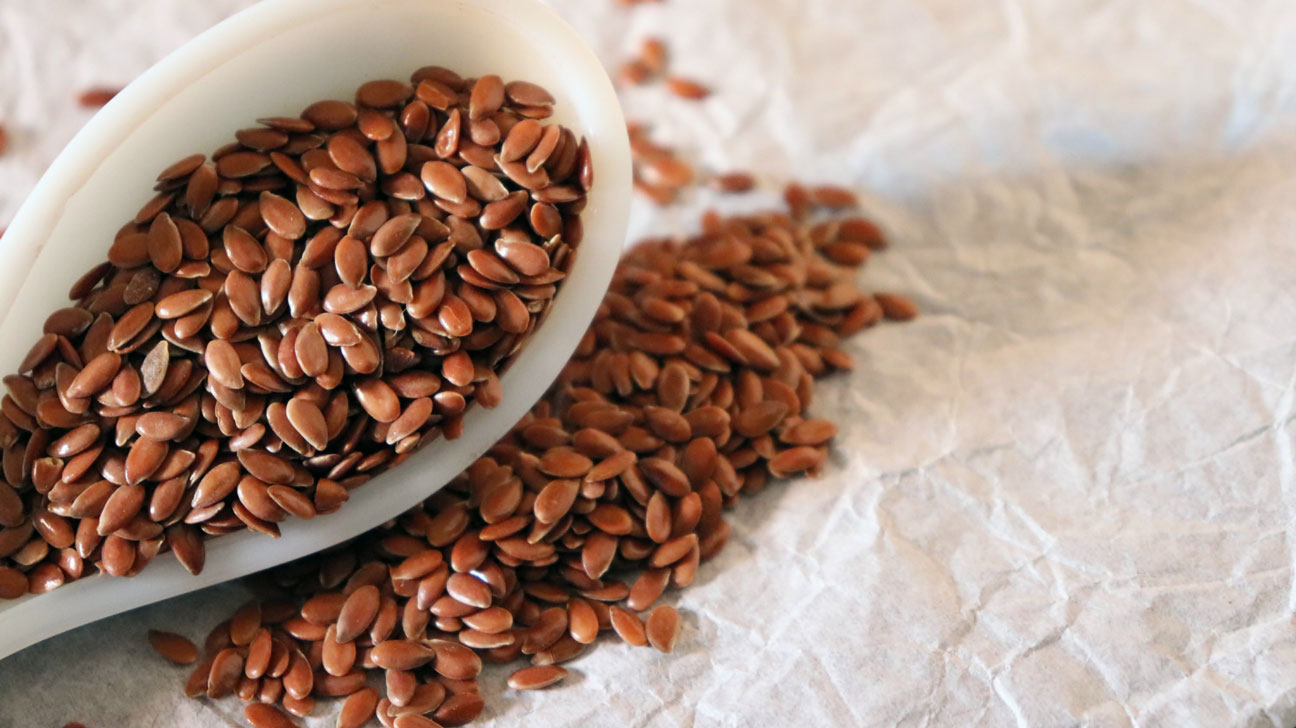Introduction to Motherwort
Motherwort, also known as “Leonurus cardiaca,” is a member of the mint family (Lamiaceae) and is native to Europe and Asia. It has been valued for centuries in traditional medicine for its diverse medicinal properties, earning it various nicknames such as “lion’s tail,” “throw-wort,” and “lion’s ear.” The plant derives its name from its historical use as a uterine tonic and its association with aiding women during childbirth.
Active Compounds in Motherwort
Motherwort contains several bioactive compounds that contribute to its therapeutic effects, including:
LeonurineA key alkaloid believed to have cardiovascular benefits.
FlavonoidsAntioxidant compounds that help protect cells from oxidative damage.
Triterpenes Compounds with anti-inflammatory and immune-modulating properties.
Phenolic acids Plant compounds known for their antioxidant and anti-inflammatory effects.
Health Benefits of Motherwort
Cardiovascular Support
Motherwort is often used to promote heart health and circulation. It may help reduce blood pressure, support healthy cholesterol levels, and improve overall cardiovascular function.
Menstrual and Menopausal Relief
Motherwort has traditionally been used to regulate menstrual cycles, alleviate menstrual cramps, and ease symptoms of menopause, such as hot flashes and mood swings.
Anxiety and Stress Reduction
Motherwort exhibits mild sedative properties and may help reduce anxiety, calm the nervous system, and promote relaxation.
Digestive Aid
Motherwort may support digestion by stimulating the production of digestive enzymes and promoting healthy gut function.
Uterine Health
Due to its uterine-stimulating properties, motherwort is sometimes used to support uterine health and promote regular contractions during childbirth.
Anti-inflammatory Effects
Compounds found in motherwort have demonstrated anti-inflammatory properties, which may help reduce inflammation and alleviate symptoms of inflammatory conditions.
Potential Side Effects of Motherwort
While motherwort is generally considered safe when used appropriately, it may cause side effects in some individuals, including:
Gastrointestinal Upset
Some people may experience digestive discomfort, such as nausea or diarrhea, when consuming motherwort.
Allergic Reactions
Rarely, individuals may experience allergic reactions, such as skin rash or itching, after exposure to motherwort.
Interaction with Medications
Motherwort may interact with certain medications, including blood thinners, sedatives, and hormone-regulating medications. It’s important to consult with a healthcare provider before using motherwort, especially if you are taking prescription medications.
Dosage Recommendations for Motherwort
Motherwort is available in various forms, including capsules, tinctures, teas, and dried herb for infusion. Dosage recommendations may vary depending on the specific product and individual needs. It’s essential to follow the instructions provided by the manufacturer or consult with a qualified healthcare professional for personalized dosage guidance.
As a general guideline:
Tea
Steep 1-2 teaspoons of dried motherwort herb in hot water for 5-10 minutes. Drink up to 3 cups per day.
Tincture
Take 1-2 mL (approximately 20-40 drops) of motherwort tincture, up to 3 times per day.
Capsules
Follow the dosage recommendations provided on the product label. Dosages typically range from 300-500 mg, taken up to 3 times per day.
FAQs about Motherwort
Is motherwort safe during pregnancy?
Motherwort is not recommended during pregnancy, especially in the early stages, as it may stimulate uterine contractions and increase the risk of miscarriage. Pregnant women should avoid using motherwort without consulting with a healthcare provider.
Can motherwort help with anxiety?
Motherwort has mild sedative properties and may help reduce anxiety and promote relaxation. However, it’s important to consult with a healthcare provider before using motherwort for anxiety.
What is the best way to take motherwort?
Motherwort can be taken as a tea, tincture, capsule, or dried herb for infusion. The best method depends on individual preferences and needs.
Are there any contraindications for using motherwort?
Individuals with certain medical conditions or those taking certain medications should exercise caution when using motherwort, as it may interact with certain drugs or exacerbate certain health conditions.
Can motherwort be used long-term?
Long-term use of motherwort should be done under the guidance of a healthcare professional, especially if using it for an extended period or for chronic health conditions.
Are there any specific precautions to consider when using motherwort?
Pregnant or breastfeeding women, individuals with hormone-sensitive conditions, and those with underlying health conditions should consult with a healthcare provider before using motherwort to ensure its safety and appropriateness for their specific situation.
Can motherwort be used in combination with other herbs or supplements?
Motherwort can be combined with other herbs or supplements, but it’s essential to consult with a qualified healthcare professional before doing so to avoid potential interactions or adverse effects.
Conclusion
Motherwort is a versatile herbal remedy with a wide range of potential health benefits, including cardiovascular support, menstrual and menopausal relief, anxiety reduction, and digestive aid. While generally safe when used appropriately, it may cause side effects in some individuals and may interact with certain medications. As with any herbal supplement, it’s crucial to consult with a qualified healthcare professional before using motherwort, especially if you have underlying health conditions or are taking medications. With proper guidance and dosage recommendations, motherwort can be a valuable addition to your natural health regimen.
- Is Coconut Oil Good for Your Skin? - April 22, 2024
- Flax Seeds 101: Nutrition Facts and Health Benefits - April 22, 2024
- Limes: Nutrition, Benefits, Uses, and Side Effects - April 22, 2024





